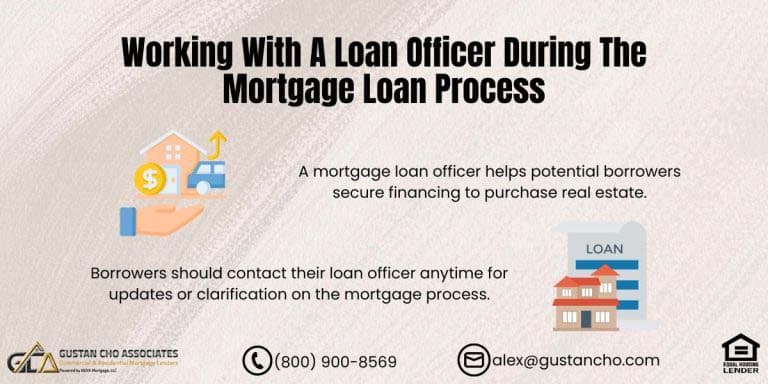Self-Employed Mortgage Applicants Navigate Multi-Year Income Verification, W2 Earners Benefit from Streamlined Process

Securing a home loan presents a starkly different experience for self-employed individuals compared to those with traditional W2 employment, primarily due to varying income verification requirements. While W2 employees often face a straightforward process, self-employed applicants must prepare for extensive documentation and rigorous scrutiny from lenders.
The disparity is often highlighted by personal experiences, as exemplified by a recent social media post from Bryant Suellentrop. He contrasted the two scenarios, stating: > "Buying a house with a normal job: 'If you could send us over your W2 that would be great. Oh look you're approved!' Buying a house when you're self employed: 'If you could send us over 37 different documents that would be great. Oh we can get you approved (maybe) but we need ten more documents.'"
Lenders view self-employment income as potentially less stable than a consistent salary, necessitating a deeper dive into financial history to assess the predictability and sustainability of earnings. This is largely due to fluctuating income streams, business expenses, and various tax deductions that can reduce reported taxable income. The primary concern for mortgage providers is ensuring the borrower's income can reliably cover monthly mortgage payments.
For W2 employees, income verification is typically streamlined, requiring recent pay stubs and W2 forms that clearly state gross income. This provides lenders with a clear and consistent picture of earnings, simplifying the approval process. The focus is primarily on current income and employment stability.
In contrast, self-employed individuals, defined by lenders as those with 25% or more ownership in a business or who receive 1099 income, must provide a comprehensive financial history. This often includes two years of personal and business tax returns (including all schedules), profit and loss statements, and 12-24 months of bank statements. Lenders typically require a minimum of two years of self-employment history to establish income consistency.
Mortgage underwriters meticulously analyze net income after business expenses and may even "add back" certain non-cash deductions like depreciation to get a clearer picture of actual cash flow. Specialized loan products, such as bank statement loans, have emerged to cater to self-employed borrowers by assessing income based on bank deposits rather than tax returns, though these may come with different terms. Successfully navigating the mortgage process as a self-employed individual requires meticulous financial record-keeping and preparation for a more detailed review.